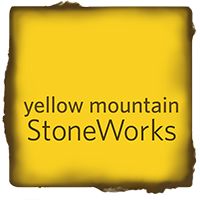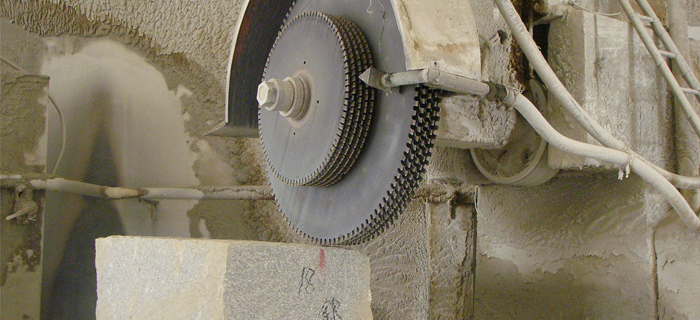Over the course of the last ten years, as we have built our business, a recurring theme in the marketplace has been the vagaries of buying cut-to-fit stone form China. There always seems to be an ongoing parade of horribles in the marketplace, including mis-fabricated, unconscionably late, or just plain disappearing product. It is frightening to clients. And it is immensely frustrating to us, because it doesn’t have to be that way. We have certainly stubbed our toe from time to time, but at the end of the day, the formula for success is pretty much the same as it is elsewhere in the world market. You have to know the lay of the land and the conventions of the culture as it relates to the business you are doing. China is a rigorous place to do business. It is a market unforgiving of bad assumptions, poor research, or lax expectations. That said, it is the most exciting stone market in the world, with materials and craft skills simply not found anywhere else.
Here is how to protect yourself as a buyer.
- Do not buy stone from anyone who is not a legal business entity in China, properly licensed to do the business they are doing. You need to see two things for sure: the company’s tax registration certificate and its Chinese business license. Those two documents tell you three important things: that you are dealing with someone with legal standing in China; that they are committed to the market, not a day trader working on a quick turn of paper ownership; and that they can actually write enforceable contracts to buy the materials they are selling you.
- Do not buy from anyone until you understand the proposed supply chain and their value in that chain. In the general stone market, most entities selling material are brokers of inventory-based stock items. In this scenario, there are no nuances, no special details, and the modules are routine and common; the largest part of the process is the transfer of ownership. It is a disaster to get that supply chain to furnish cut-to-fit/custom stone fabrication. In the Yellow Mountain supply chain, we are the only entity between fabrication and our client. Unless you are going to become a licensed entity in-country, that is as short as the chain gets.
- Do not buy custom stone without a complete set of shop drawings detailing all of the particulars of your work. A supplier of material from China should be able to show them to you in Chinese if you ask.
- Do not buy custom stone without both a set of control samples and a mockup of the proposed modules and finishes. It verifies two things: the supplier can produce what is drawn on the shop drawings, and the real thing looks like what you said you wanted.
- Ask how the company communicates, both with their suppliers in China and with their clients. It can be nerve racking not knowing where your order is in the process or when you’re going to get it. Find out if you’ll be kept apprised or left in the dark.
- Get and check references. A really good smell test is to ask for a reference for a supply job that went badly and check how it was resolved. Stone is not an exact science; things can go wrong. The measure of a company is how they act when problems occur.
I strongly believe the Chinese stone market will only continue to expand. In fact, China is now going beyond their own vast resources and is sourcing stone from around the world for international markets. If you’re an architect, designer, or artist passionate about creating and innovating with stone, this is a market that must be understood, not feared. Take advantage of the insights we’ve gained as we’ve continued to work in China – our hope is that you unleash the creative potential of custom Chinese stone while actually enjoying the purchasing process.
Cheers,
John

